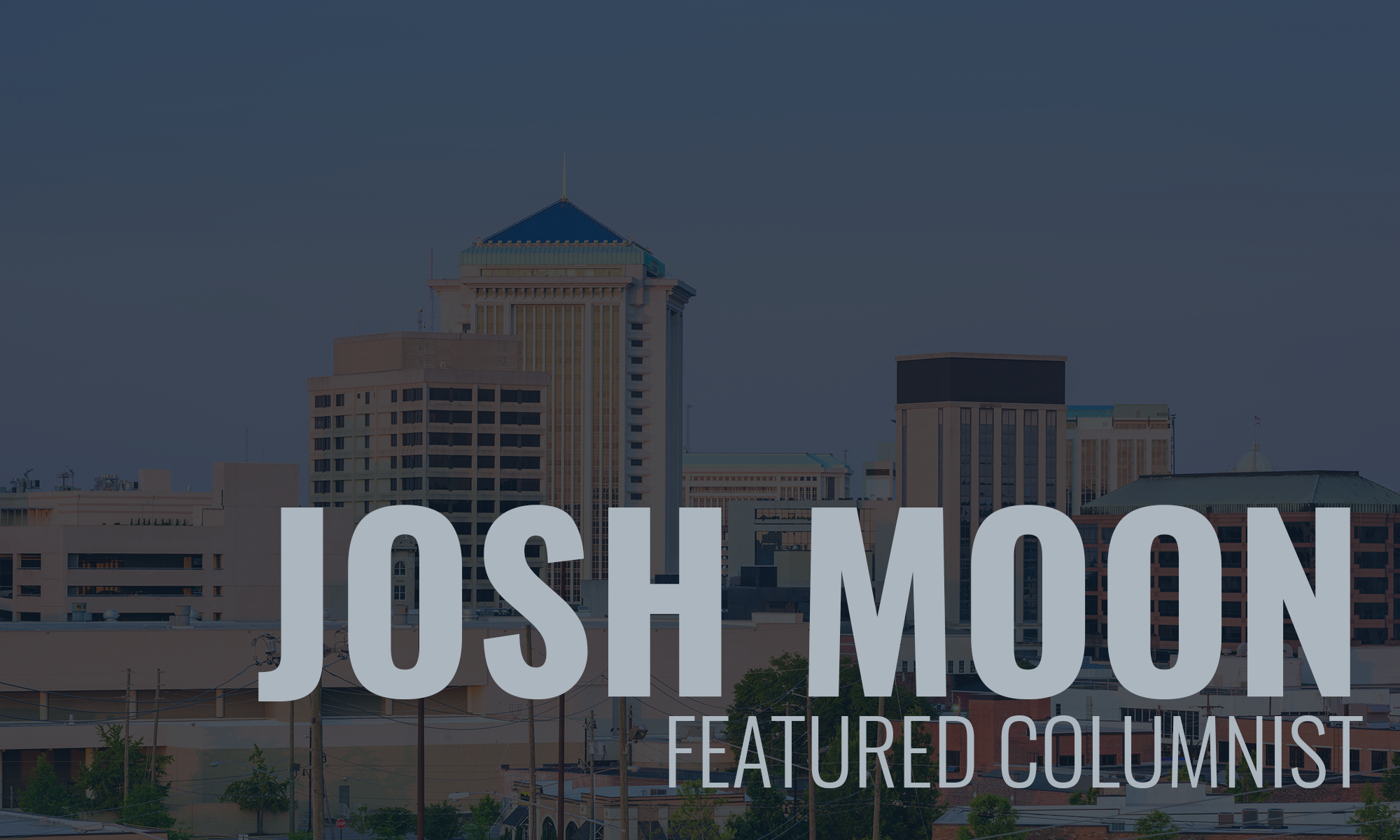Here’s your chance, Alabama.
For the last several years, this state’s lawmakers have been searching for an answer to its gambling problem. And believe me, there is a problem.
Currently, in a state that fights gambling legislation, there are three large Indian casinos raking in hundreds of millions of tax-free dollars annually, and many more quasi-legal gaming operations scattered around the state. (By “quasi-legal,” I mean there is disagreement about the legal standing of casinos, such as Greenetrack and VictoryLand, between many in local and state government, various courts and even from governor to governor.)
But on Monday, the U.S. Supreme Court overturned a federal law that blocked sports gambling — or sportsbook — in states outside of Nevada, providing individual states with the ability to legalize such wagering.
Suddenly, there is a chance for Alabama to open up a major new revenue stream. And a chance for this state to FINALLY pass meaningful, comprehensive gambling legislation that puts to rest a decades-old fight.
To explain this, let me set the stage.
For a long, long time now, Alabama has been engulfed in this complicated bickering over gaming, and for various reasons along the way.
Initially, it was holy rollers, prodded by Mississippi Indian casino money, who stood like barriers blocking any meaningful legalization of gaming on a statewide level. (Several count-specific constitutional amendments passed during this time, but no state-level laws. That includes Gov. Don Siegelman’s lottery proposal, which was voted down, and multiple bills that would have legalized various gaming falling short of required votes in the legislature.)
More recently, there has been an inability to reach a compromise that appeased both the Poarch Creek Indians and the non-Indian casino owners. And there has been a vested interest by many lobbyists in preventing any agreement, because once there’s a state-level decision on gaming, there’s no more need for lobbyists.
So, we’ve been stuck in a sort of gambling purgatory, with PCI and its lobbyists and friendly lawmakers fighting off any gambling resolution that didn’t benefit the tribe, and non-Indian casino owners, their lobbyists and friendly lawmakers fighting off any legislation, or compact, that gave PCI too much leverage.
But the biggest problem has always been this: Indian gaming laws all but eliminated any flexibility in these negotiations, because there was never much incentive for the Poarch Creeks to change the status quo or for Alabama to make much money from a compact with the tribe.
At best, a compact would guarantee PCI the ability to operate Class III gaming, such as real slots (not electronic bingo) and table games. In exchange, it would have to give up a portion of that revenue, or pay an upfront fee to the state to operate. For an entity hauling in well over $750 million annually in profits, there wasn’t much to gain.
Now there is.
The Poarch Creeks are one of only seven tribes in America to express interest in operating a sportsbook. Because it could mean big profits in a state where illegal sports gambling is a huge business.
For the state, that’s a fairly nice carrot to dangle — one that isn’t tied to the traditional Class definitions set forth in the Indian Gaming Regulatory Act. Which means the state could offer it exclusively to PCI, or it could offer it exclusively to the non-Indian casinos and shut PCI out.
And there’s more.
The Trump administration has indicated that it will not be as friendly to the tribes should conflicts arise between them and states. And there are many, many conflicts of late.
That could mean that PCI is looking for legal protections brought by a compact with the state, ensuring that, while they might have to surrender a small percentage of profits, their ability to operate casinos here will be protected.
And one last thing: Alabama is more broke than usual.
The state is looking at around a $100 million shortfall in the next fiscal year and there’s nothing left to cut. That means either raising taxes or locating a large revenue source, like gambling, to fill part of the hole.
Combine all of this and you have a perfect storm of sorts that presents an opportunity to finally get this thing done.
There are options that could appease all involved and also serve this state well. Offering PCI the sportsbook operation along with additional locations in north Alabama, for example. And offering existing electronic bingo casinos — in Shorter, Birmingham, Mobile and Eutaw — the legal protection to offer similar games as the Poarch Creeks.
Just a few years ago, electronic bingo parlors were literally scattered all over the state, and yet VictoryLand employed nearly 2,500 people in the poorest county in Alabama and Greenetrack employed around 1,500 in the second poorest. At the same time, the PCI casinos were flourishing.
Alabama has an opportunity, if this is handled even close to appropriately, to haul in billions of dollars in tax revenue, employ tens of thousands of Alabamians in good-paying job that require zero economic incentives or tax breaks and send generations of underprivileged kids to college for zero dollars.
Get it done.














































